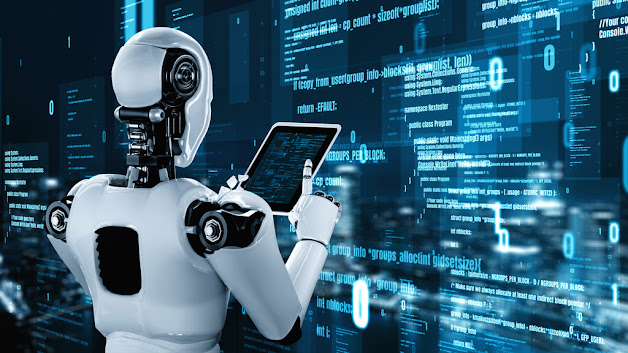AI-Assisted Software Development: Benefits and Use Cases

Artificial intelligence (AI) has revolutionized various industries, and software development is no exception. AI-assisted software development is rapidly gaining traction, offering numerous benefits and opening up new possibilities for developers and organizations. In this article, we’ll explore the advantages of AI in software development and delve into some of the most promising use cases. Understanding AI-Assisted Software Development AI-assisted software development involves the integration of artificial intelligence and machine learning techniques into the software development lifecycle. From code generation and optimization to testing and debugging, AI algorithms augment human developers’ capabilities, streamline processes, and improve overall efficiency. Introducing SFWPExperts pioneers AI-assisted software development, blending human creativity with machine intelligence to craft cutting-edge Wordpress website design solutions. With a focus on innovation and ef...

.jpg)